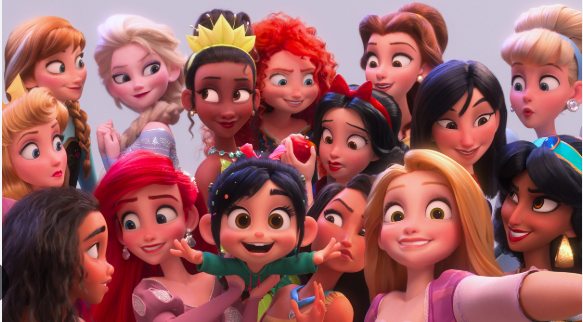For decades, Americans have faced ever-increasing economic strife. For almost four-and-a-half decades, worker productivity has continued to climb, despite average wages lagging behind. As the generations have gone by, they have held smaller and smaller portions of the country’s wealth, most of which is held by the wealthiest Americans anyway. Many people feel that humanity has condemned itself to a spiral of selfishness and greed, rather than kindness and altruism. But are those two ideas as opposite as they may seem?
While selfishness is acting solely in self-interest, and altruism is considering others, even without personal benefit. Despite their glaring differences, there is a crossroads between the two, a way to make the world a better place through selfishness.
The YouTube channel Kurzgesagt made a whole video on the idea of egoistic altruism, which is the idea that by helping others, you therefore help yourself. The example they gave was cancer treatment. By uplifting poverty-stricken regions/countries, there is now more money to expend on the advancement of medicine, which therefore means more money put into cancer research. That will then come full circle back to us. An estimated 1 in 2 people get some form of cancer in their lifetime, so countless people–possibly even yourself–would benefit from improved treatment.
The same logic can be applied to poverty as well. As mentioned in the introduction, many Americans are struggling to survive in our current economy. If every working American was to be billed $500, around 63% of them would not be able to pay it without crippling their finances. When that many Americans can’t afford a simple expense, that shows a glaring problem within our economy. That is millions of people that could have the potential to change the world, but can barely fulfill the most basic tiers of Maslow’s hierarchy. One of those people could go to medical school and cure cancer, or be an inventor that radically changes how we live life.
Beyond just quality of life improvements, fighting poverty will make us safer too. Violent crime and poverty are directly correlated, as those with lower incomes are pushed to illegal means to sustain themself, particularly theft and drug dealing. Although these crimes may not cause direct harm, they often create a compounding web of social ills (which is a whole other topic in its own right). By alleviating the effects poverty has, especially in big cities like Chicago and Baltimore, a lower crime rate is likely to follow, since fewer people depend upon crime to survive.
I can wax poetic about the importance of society and how humanity is stronger when we work together, but at the end of the day, why should I? Suppose it is true that human nature necessitates that people are inherently greedy and self-serving. In that case, the only way to guarantee our species’ survival is if we embrace it. To help ourselves, for each other.





